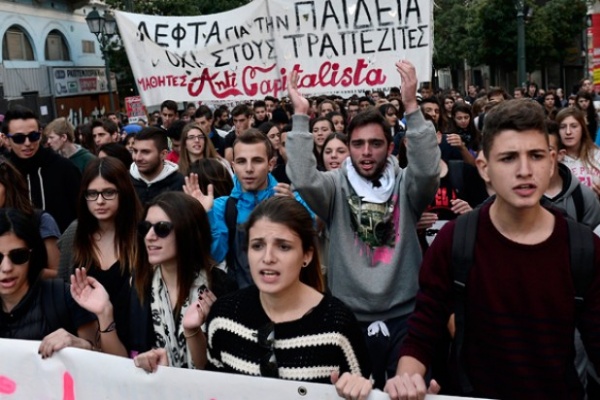They are young and gifted and they are Greek and they represent the world’s biggest brain drain in an advanced western economy in modern times, claimed Helena Smith from Athens in her report for the Guardian, referring to them as the Generation G. More than 200,000 Greeks have fled the country since the crisis bit five years ago, while of the 2% of the population who have left, more than half have gone to Germany and the UK. Migration outflows have risen 300% on pre-crisis levels, as youth unemployment soars to more than 50%. About 55% of those affected by record high unemployment are under 35, according to Endeavour, the international non-profit group that supports entrepreneurship. According to German statistics cited in media reports, some 35,000 Greek doctors, the biggest foreign group of its kind, have gone to Germany.
The affects of such “a huge loss in human capital will only begin to be felt in the next decade”, says Aliki Mouri, a sociologist at the National Center for Social Research. “People who have been educated at great cost, both to their families and the public purse, are now working in wealthier countries which have not invested in them at all”, she notes. Yet, what many young Greeks who now work and live abroad wish for the most is to return to their homeland once the economy recovers, and carrying along their new skills and mindset, they could become the “change agents” Greece needs, experts say.













